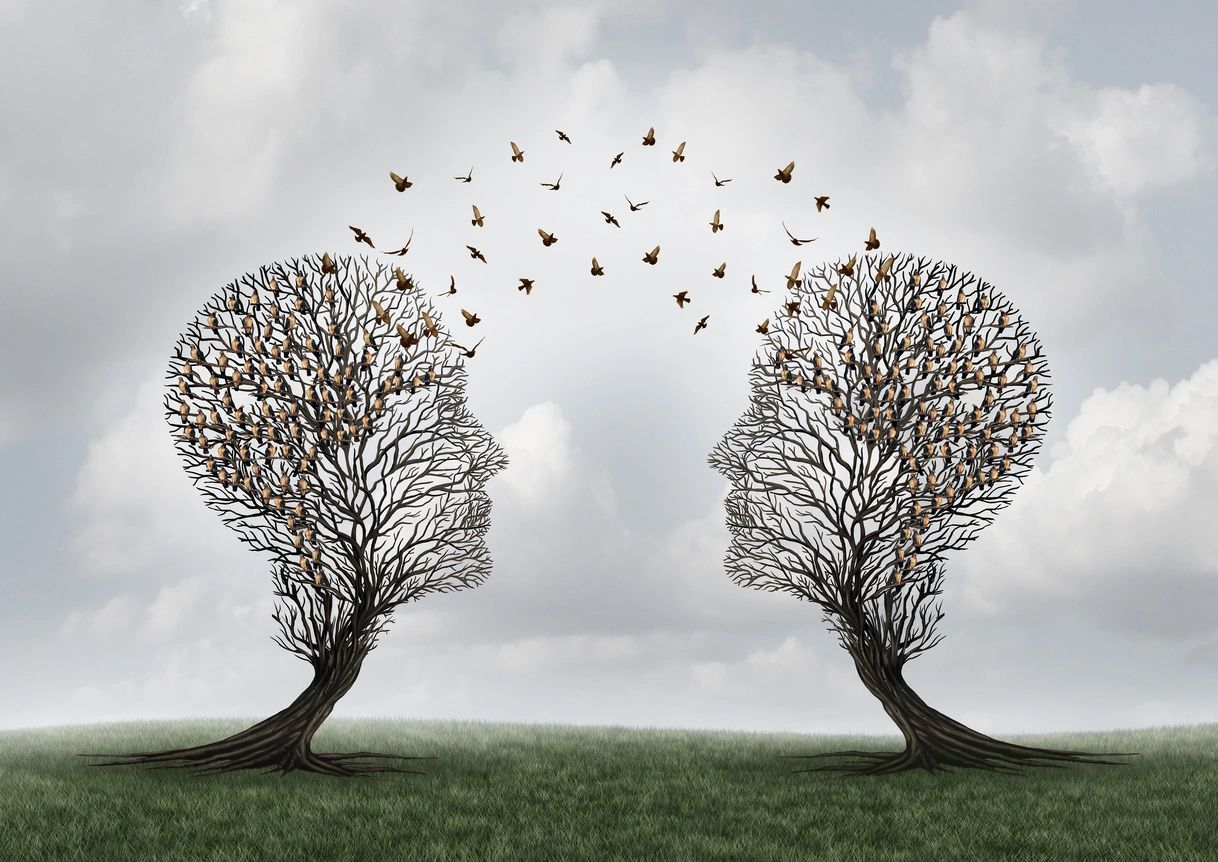Herb Brooks was an innovator. He was a someone with that rare gift of being able to see a nearly impossible dream in the distance, and build a bridge to it. With the approach of the 1980 Olympic Winter Games in Lake Placid, New York, Herb knew that defeating the Soviets was going to be a tall order. At the time, the Americans played only with amateur athletes, mostly college kids. The Soviets were seasoned professionals, experts in their craft. They had played together for many years, and some had played together for maybe decades. If they had a chance to win, Herb Brooks knew that Team USA was going to have to completely change they way that they played hockey. They were going to beat the Soviets at their own game.
Albert Einstein noted that when he needed to understand something, he often would try to find an analogous example in reality that he could picture in his mind. Well, if you want an example of how to do great things, to be able to picture that in your mind…then the 1980 Olympic Hockey Team and Herb Brooks is your huckleberry.
1. Your team is only as good as the people you hire. When I meet new school board members, it is the first thing that I talk about. We have to hire great people. The people who build our talent pool have to be able to recognize great teachers, recruit them, and get them hired. Brooks wasn’t looking for cookie cutter players. He was looking for individuals of strong character who could play within the symphony of creative team play.
2. You must dare to be great. Brooks knew if they(US hockey) kept doing things the same way they had in the past, they were going to get the same mediocre outcome. In the movie, Miracle, Brooks implements an entirely new offensive philosophy. It was risky. It was innovative. It was creative. It required his players to be individuals. It also required them to be disciplined team members who could work together. To quote the great Johnny Tillotson, it would become poetry in motion. They weren’t very good at the new system when they first attempted it, but Brooks challenged them to greatness. They answered that call. They embraced the call.
“Risk something or forever sit with your dreams.”
3. You must put in the work. Maybe this is what Herb Brooks did the best. They worked, and worked hard at that. There was an expectation that if they did things exactly as directed, they would become the best hockey players in the world. They practiced looking for open ice, dropping the puck onto the open ice ahead of them, and knowing that their teammate would pick it up and repeat the process. Brooks ran an offense that was fast. Conversely, their defense was physical. They were going to beat the Soviets at their own game. Since Brooks had been selective in who was on the team, he knew that they could handle the mental and physical aspects of training, and train they did. They became precise with their own movements and predictive of each other’s movements. Like the Soviets, they too became masters of their craft.
4. Teamwork is key. I have been blessed to work on many great grade level teams. Many of those team members are like family to me to this day. There were days in which we could almost guess what the other would say and how they would react during decision making times. We knew that we would get each other’s backs when times were tough. There is a scene in Miracle where Brooks calls in the Conehead line(named after the movie). As he talked to them, they would finish each other’s sentences. He knew that in order to win, he needed a group of quality individuals who could work seamlessly just like that. The Conehead line certainly could. That didn’t happen overnight, but they got there.
“You don’t have enough talent to win on talent alone.“
5. Be ready for the moment. I think that Herb Brooks’ goal was to get his team to that moment, a match with the Soviets during the medal rounds. His team was carefully chosen to be able to rise-up in that moment and win. He knew if he got them to that moment, they were capable(and they themselves also knew they were capable) and prepared to do something special. And when they stepped onto the ice that day, they were ready. Why? They had been through a process that gave them confidence.
What came next was simply magnificent. Jim Craig, the American goaltender, had lost his mom recently. It was the dream of Jim and his mom to play in the Olympics. What de did that day was legendary. He saved 36 of 39 Soviet shot attempts. Mike Eruzione, the team captain (and a player many outsiders questioned why he was even on the team), would slip the puck by the Soviet defense for the winning goal. Bedlam would ensue. A dream foreseen by Brooks. A dream realized by his players.
“You were born to be a hockey player. You were meant to be here. This moment is yours.”
“Great moments are born from great opportunities.”
Some would say this was a miracle. I doubt Brooks thought it a miracle at all. I would guess that he saw it as a culmination of a risky but ambitious dream. He brought together quality young men who believed in each other, who bought into an innovative and effective system, and who were tirelessly prepared for when their moment arrived.
Pro Tip: How does this involve education? Many of you may not have even been alive when the 1980 team struck gold. However, we can learn from master teachers, and Herb Brooks was certainly one of those. He is an exemplar of great teaching. We want our students to experience the pay-off of working hard and preparing. We want our building faculty to experience the exact same thing, and to experience the feeling of absolute trust that comes from working on a team. Then due to that proces, see students succeed at amazing levels.
As the game would tick down to all zeroes, the great sports broadcaster, Al Michaels, would ask a question born both of exuberance and near disbelief, “Do you believe in miracles !?”
Well, do you?
Discover more from Rob's Innovation in Education Blog
Subscribe to get the latest posts sent to your email.




